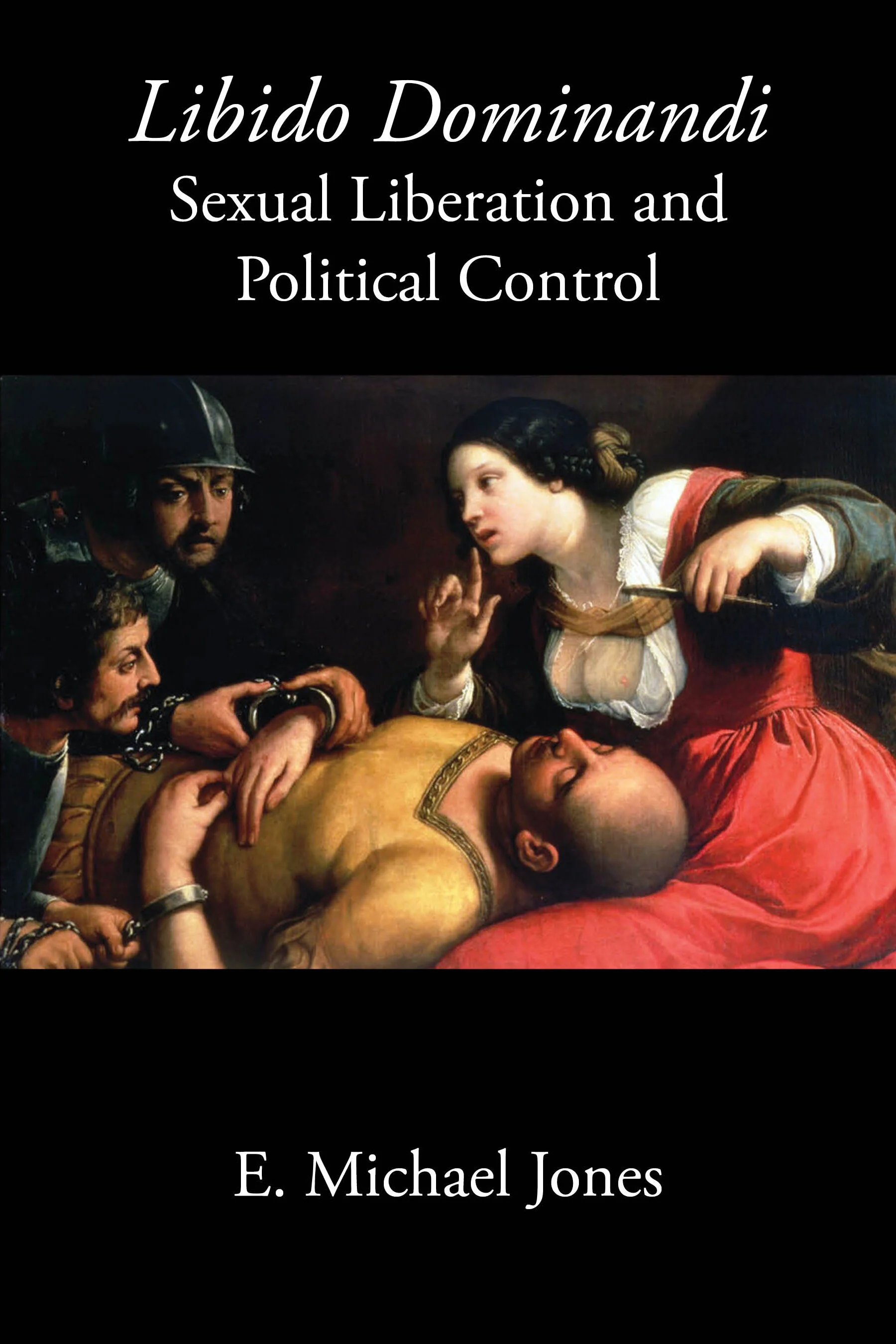As a thought experiment, try to imagine what might have happened if Paul had begun his speech before the Areopagus by saying, “In the beginning there was Logos,” the sentence which begins the Gospel of St. John. Both John and Paul were involved in trying to make the birth, death, and resurrection of Jesus Christ comprehensible to the Greco-Roman world. In order to do that, both men had to explain not only what Jesus did but who he was. Paul prepared the way for the reception of John’s concept of the Logos into the world of Christian thought in his Epistle to the Hebrews when he described Christ as the “eternal High-priest after the order of Melchizedek.” A priest is by definition a human being. An “eternal High priest” is something else, but exactly what is not clear. In order to make Christ’s identity clear, John took the concept of “logos,” which had been in existence for 500 years and reworked it in light of what he knew about Jesus Christ to provide the vocabulary which brought “one of the great cycles in human history” to a close1 and a new era into being based on an enhanced understanding of what went before. Paul criticized the vanity of the silversmiths and their apologists, but John took the gold and silver out of Greece. The word “logos” was in every sense of that notoriously polyvalent word the transition which did not abolish what went before but rather raised it to a new previously unattainable level.
Read More










